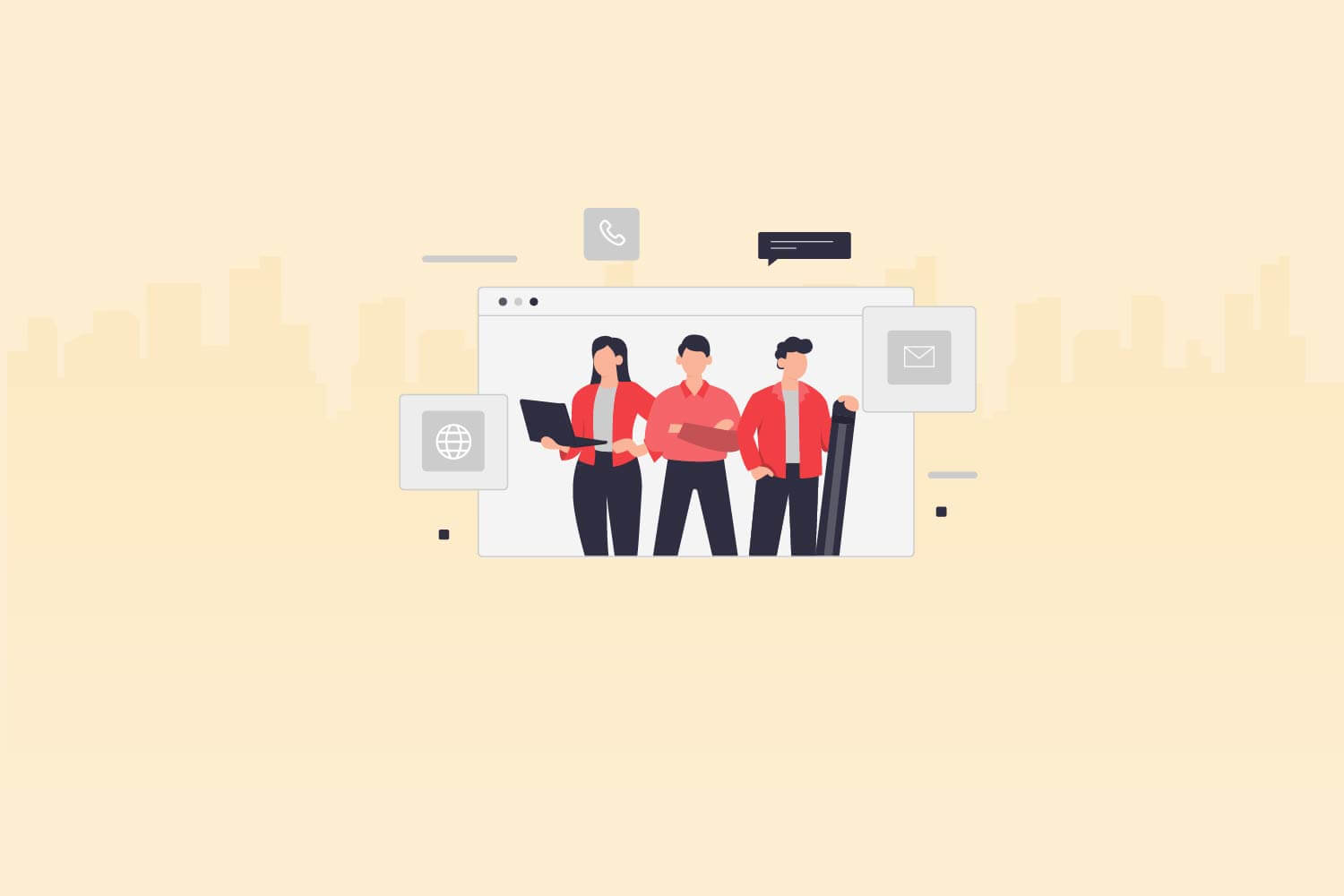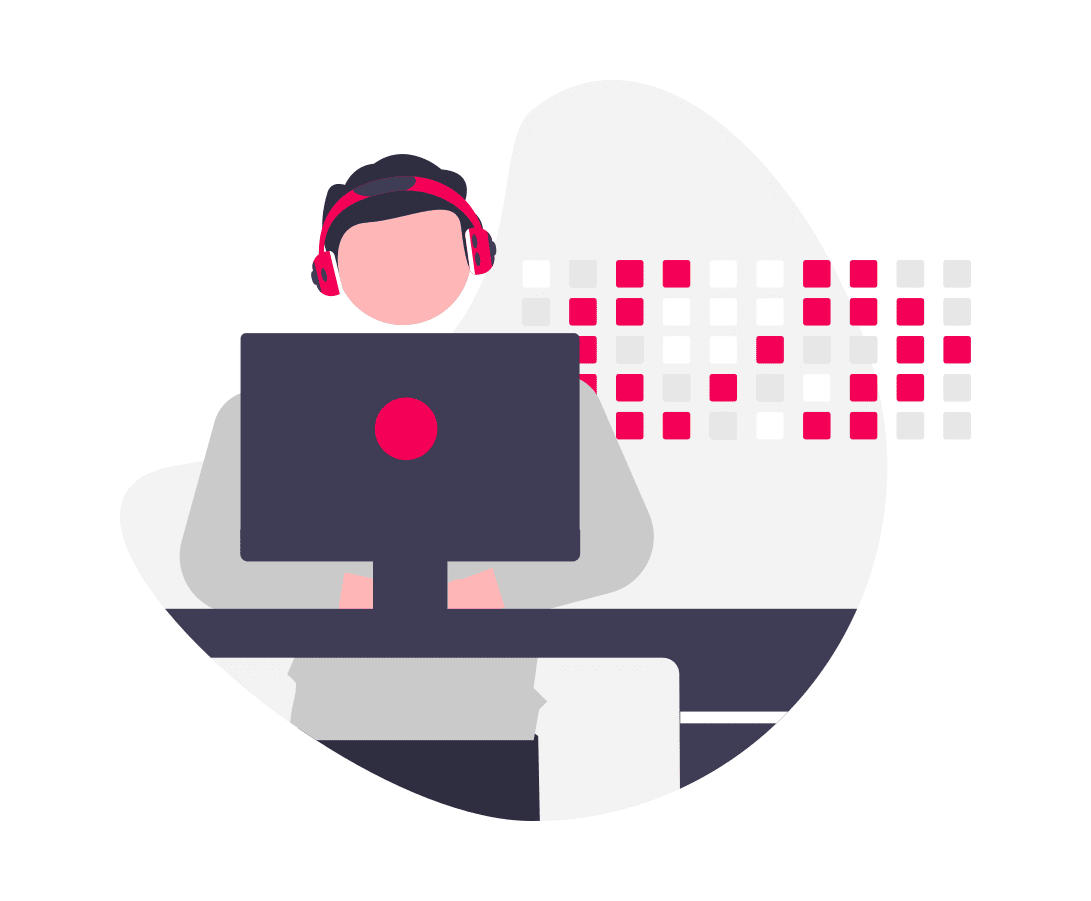The rise of remote work has changed how businesses operate, shaking up traditional office setups. Moreover, As per the reports given by Forbes, 98% of workers want to work remotely at least some of the time. As a result, now, more than ever, Human Resources (HR) professionals face new challenges and opportunities in managing remote HR responsibilities.
This guide will explore handling HR tasks in a remote work environment. We’ll cover essential strategies from hiring and onboarding to keeping teams connected.
Additionally, we’ll touch on performance management, engaging employees, staying compliant with laws and regulations, and complying with remote HR responsibilities. Understanding these aspects is crucial for HR professionals to support remote teams effectively. By adapting to the unique needs of remote work, HR can help create a productive and happy remote workforce, ensuring the organization’s success in this changing landscape.
Understanding remote HR responsibilities
Remote HR responsibilities involve managing work situations where employees do their jobs from places outside of a regular office, like their homes. This can include different setups, like fully remote, where everyone works from home, or hybrid, where some days are spent working remotely and others in the office.
Remote HR responsibilities bring some good things, such as more flexibility, less commuting time, and a better balance between work and personal life for employees. Employers also benefit because they can save money on office expenses, have access to a broader range of talented people, and might see their employees getting more work done. But there are challenges, too, like problems with communication, keeping teams together, and making sure remote workers feel comfortable.
With remote work becoming more common, the remote HR roles are changing constantly. They must find new ways to hire people who can work remotely, ensure new hires get the hang of working from home, and set up ways for remote teams to talk to each other easily.
Remote HR responsibilities in hiring and onboarding
Changing hiring plans for remote jobs
When hiring for remote jobs, remote HR responsibilities demand changing recruitment methods to attract the right people. This means discussing the benefits of remote work, like flexible hours and a better balance between work and life in job ads. Also, using online job boards, social media, and websites specifically for remote jobs can help find more remote workers. Remote HR responsibilities include adding tasks or tests specific to remote work in the hiring process to see if candidates can handle remote jobs well.
Doing online interviews well
Online interviews are now standard for hiring remote workers. To do them well, remote HR responsibilities require interviewers and candidates to know how to use video call software. Having interviews in a quiet, well-lit place is essential to avoid distractions and keep things professional. Interviewers must prepare questions in advance and ensure there’s time for candidates to ask questions, too. Remote HR roles also include giving clear instructions before the interview, which can help avoid technical problems and keep the interview running smoothly.
Making remote onboarding plans
Remote HR responsibilities include making good plans for onboarding new remote workers. This means making detailed guides about company rules, how things work, and what’s expected when working remotely. Remote HR roles also include Using online tools for training, which can help new hires learn their roles better. Also, pairing them with a mentor or buddy can help them fit in with the remote team and get support as they start their new job.
Teaching new hires about company culture online
Introducing new hires to company culture remotely needs careful planning for remote HR responsibilities. HR teams can set up online meetings to welcome new hires and tell them about the company’s values and goals. Getting new hires involved in online team activities or events can help them feel like part of the team. Giving them access to online communication and teamwork tools lets them connect with their new colleagues and start working together.
Performance management and evaluation in remote HR responsibilities
Setting clear goals and metrics for remote employees
In remote HR responsibilities, it’s crucial to ensure remote workers know precisely what’s expected of them. This means setting clear goals and targets that match up with what the company wants to achieve. These goals must be easy to measure and understand, even when working from afar. Remote HR responsibilities include ensuring everyone knows these goals well and what’s expected in terms of how well they perform and when things need to be done.
Doing remote performance reviews
One big part of remote HR responsibilities is having regular chats with remote workers about how they’re doing at their jobs. This means setting up online meetings to discuss what they’ve achieved, where they can improve, and any help they need.
During these chats, the remote HR responsibilities are to give helpful advice and examples to ensure improvement. They should also talk about how remote workers can grow in their roles and what support they might need to do well while working from a distance.
Giving feedback and praise online
Remote HR responsibilities also include letting remote workers know when they’re doing a good job and giving them pointers when they need to improve. The remote HR manager can use tools like emails, online platforms, or virtual meetings. It’s essential to be specific when giving feedback and to ensure it fits how each person likes to communicate.
Dealing with problems from afar
Handling issues like poor performance or rule-breaking when working remotely can be tricky for remote HR responsibilities. HRs need to address these issues quickly using online chats or phone calls, explaining what’s expected and offering support to help things get better. If things get serious, like if someone needs to be disciplined, HR should follow the rules carefully and keep things private and professional.remote HR roles also involve recording what’s been discussed and done, ensuring remote workers have what they need to improve and do their jobs well.
Employee engagement and well-being in remote HR responsibilities
Keeping remote workers involved and motivated
In remote HR responsibilities, it’s essential to ensure remote workers feel part of the team and excited about their work, even if they’re not in the office.remote HR teams can do this by asking remote workers for their ideas, involving them in making decisions, and giving them credit for their contributions in public. A remote HR manager must take on duties including talking to remote workers regularly and letting them know how they’re doing.
Taking care of remote workers’ mental health and happiness
Remote HR responsibilities also include ensuring remote workers feel mentally and emotionally okay. Sometimes, working from home can feel lonely or stressful, so HR teams need to give remote workers support and ways to cope. This could mean giving them access to counseling services, reminding them to take breaks, or organizing activities like meditation or exercise sessions.
Planning fun activities and social events online
Making sure remote workers feel like they’re part of a team is essential in remote HR responsibilities. HR teams can organize online events like games or virtual hangouts to help remote workers get to know each other and feel connected, even if they’re far apart. The remote HR manager can give virtual coffee breaks or allot games everyone can play together online.
Helping remote workers feel less alone and stressed
Dealing with feeling alone or burnt out is a big part of remote HR responsibilities. HR teams should often check in with remote workers to see how they’re feeling and offer support if needed. Making sure remote workers take breaks, setting clear limits between work and personal time, and having flexible schedules can all help stop burnout.
The remote HR responsibilities also demand to give remote workers chances to talk to each other and share their experiences to feel like they’re part of the team.
Conclusion
In handling remote HR responsibilities, it’s clear that HR professionals are super crucial for making remote teams successful and happy. By trying out new ideas for hiring, helping newbies get started, keeping an eye on how everyone’s doing, and finding ways to keep people interested in their work, HR can make remote work awesome.
Besides, remote work culture is here to stay in the long run. Moreover, as per Forbes, By the year 2025, an estimated 32.6 million individuals in the United States are expected to be working remotely.
As businesses keep changing to fit in with remote work, understanding and dealing with the unique challenges and good things about remote HR responsibilities are super important. By talking a lot, giving help, and being ready to change, HR professionals can ensure remote work is an excellent experience for everyone.








